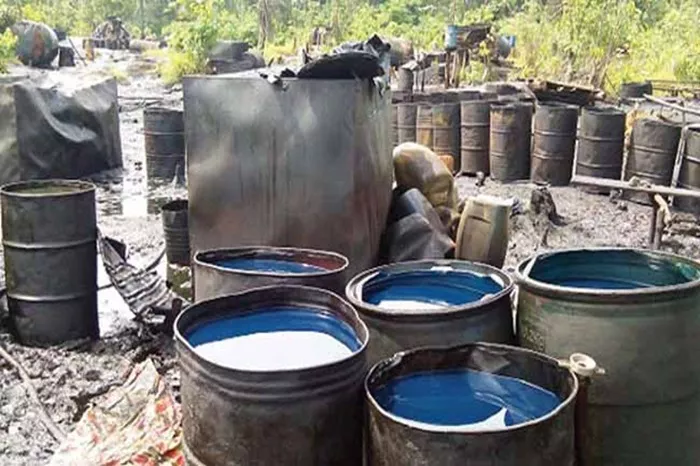The House of Representatives has urged the Nigerian Upstream Petroleum Regulatory Commission (NUPRC) to develop a regulatory framework that incorporates artisanal refiners into the formal crude oil production value chain. This call came after the adoption of a motion titled “Need to Reform and Regulate Nigerian Petroleum Production Activities to Integrate Artisanal Refiners in the Production Value Chain,” presented by Hon. George Ibezimako Ozodinobi on Thursday.
Ozodinobi emphasized the importance of aligning with constitutional mandates to harness the nation’s resources and foster a dynamic, self-reliant economy. He pointed out that the lack of regulation and recognition of artisanal refining has led to significant loss of lives and revenues, particularly in the Niger Delta region, where this practice has persisted for decades.
He recalled a federal government initiative from 2016 aimed at integrating artisanal refiners into mainstream oil and gas operations, which sought to enhance local content and promote the use of indigenous technology in petroleum refining. Ozodinobi stated, “After seven decades of massive devastation and environmental degradation in the Niger Delta, policymakers remain oblivious to the urgent need to support artisanal refining and establish a foundation for local technologies that could alleviate energy poverty.”
The lawmaker criticized the negative portrayal of artisanal refiners as “oil thieves” and condemned the deployment of the Nigerian Navy and other security agencies to dismantle artisanal refineries in a manner that harms the environment and local communities.
He highlighted the paradox of Nigeria being a major crude oil exporter while grappling with a severe fuel crisis and an underperforming refinery sector, which has left the country with four inactive refineries for decades. “This policy has resulted in a reliance on imported finished petroleum products, as evidenced by the ongoing fuel crisis and concerns surrounding the Dangote Refinery,” he stated.
Ozodinobi also referenced successful examples of industrialization and technological advancement in countries such as Japan, China, and the United States, advocating for the protection and support of indigenous technology.
In response to these discussions, the House has mandated its Committees on Petroleum Resources (Downstream, Upstream, and Midstream) and Local Content to ensure compliance with this directive and to report back within four weeks for further legislative action.
Related topic:
Dangote Refinery Refutes Petrol Distribution Claims
Petrol and Diesel Prices See Marginal Increases Amid Ongoing Concerns
Nations Struggle to Fulfill Fossil Fuel Commitments Ahead of COP29

